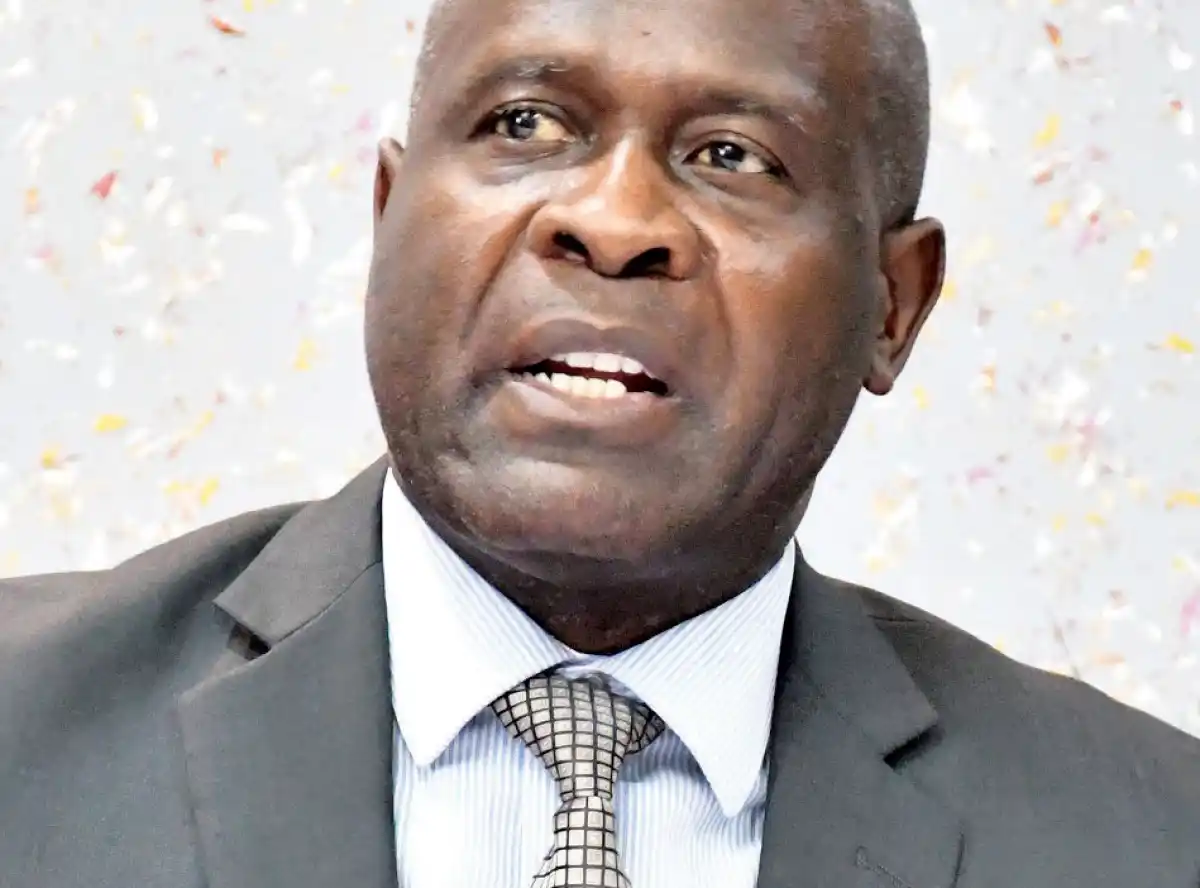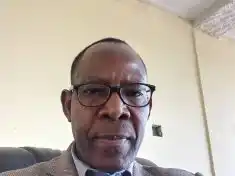
The Malawi Energy Regulatory Authority (Mera) Thursday indicated that it could not pinpoint the day when the fuel supply shortage would end.
Addressing journalists in Blantyre Thursday, Mera Chief Executive Officer Henry Kachaje began by apologising to Malawians for statements he made during a recent press briefing in Lilongwe, where he indicated that supply would normalise last weekend.
He said the media had misinterpreted his words, particularly noting that normalisation was only meant to happen if certain conditions were met.
“I will not specify the exact date when fuel supply will normalise [to avoid being misunderstood again], but I will say that we will provide regular updates, perhaps every two days. Rest assured, this problem is keeping us awake and we are working to end this in the shortest time possible.
“We have deployed several measures to resolve this problem, such as increasing the number of wagons ferrying fuel into the country from 30 to 58. This will provide us with supply lasting nearly two days. We are also introducing fuel rationing to ensure that everyone can access the commodity in the meantime,” Kachaje said.
He further indicated that the government had paid arrears that had accumulated to over $75 million, with less than $10 million remaining, which he said would boost suppliers’ confidence, thereby ensuring that they continue providing fuel to Malawi.
“We have received $50 million from the Arab Bank for Economic Development in Africa (Badea), which we have used to settle the arrears. We have also engaged commercial banks, and we appreciate their support because since last week, we have been able to mobilise over $20 million for the same purpose,” Kachaje said.
He went on to plead with filling stations to prevent fanning black market operations by not selling fuel to the same individuals, especially motorbike operators and other unscrupulous motorists who drain their tanks to sell fuel to stranded consumers in jerry cans at inflated prices.

Kachaje also warned filling stations against hoarding fuel, stating that they should continue selling until their stock is depleted, even after closing time.
In an interview, National Oil Company of Malawi (Nocma) spokesperson Raymond Likambale coordinated Kachaje’s statements, saying they had increased the number of wagons that are ferrying fuel into the country.
“We are working towards normalising fuel supply and, as such, increasing the number of wagons means we are going to receive more fuel than we did before. Strategically, we will be boosting the amount of fuel in supply, considering that we are also continually receiving fuel through road,” Likambale said.
The fuel crisis has entered the third week, which has seen most streets in the country’s major cities being congested with motorists that are queueing for fuel.





0 Comments